According to the draft, direct payment of costs to health insurance participants is made when the patient (or relative or legal representative) purchases medicine and medical supplies at the hospital pharmacy or the supplier that has won the bid at the medical examination and treatment facilities (KCB) and the winning bid contract is still valid. To be paid, the patient must present to the social insurance agency the prescription and supplies prescribed by the doctor along with a valid purchase invoice as a basis and document.
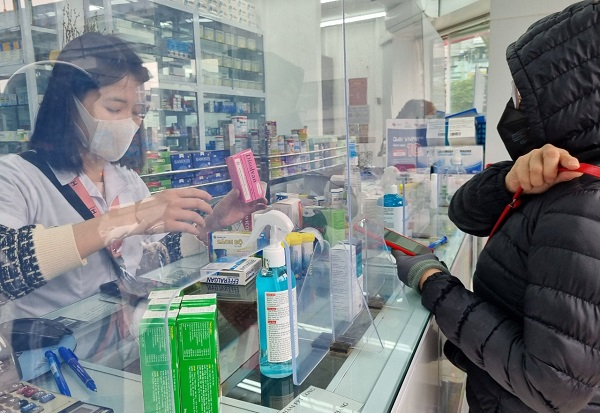
The person who takes you to buy medicine for medical examination and treatment.
This proposal currently has many problems and shortcomings because according to regulations, health insurance-covered medical facilities are responsible for providing adequate medicines, chemicals, medical supplies and technical services to patients in accordance with regulations to ensure that patients are treated effectively, safely and are served in the best and fastest way. Patients having to go out to buy medicines and medical supplies will encounter many difficulties and shortcomings. Patients not only "pay out of their own pocket" to buy medicines but also easily encounter risks such as: difficult to ensure drug quality, unreasonable drug prices... which directly affect the lives and treatment safety of patients.
Not to mention, in many cases of serious illness, emergency without relatives, in the middle of the night or the patient has no money... it will be very difficult to buy medicine and medical supplies by themselves.
No matter how hard the Social Insurance Agency tries, it still cannot pay directly to the patient immediately because the patient submits the payment request after the end of the medical examination and treatment period. The Social Insurance Agency must have time to assess and determine the cost within the scope of payment of the Health Insurance Fund before making payment to the patient. This regulation has broken the meaning of risk sharing of Health Insurance, causing loss of trust of Health Insurance participants.
On the other hand, the shortage of medicines and medical equipment has been focused on by all levels and sectors, especially the National Assembly, the Government, and the Prime Minister have issued many documents such as: The National Assembly has issued the Bidding Law No. 22/2023/QH15, effective from January 1, 2024, which will be an important legal basis to enhance the autonomy and self-responsibility of agencies, organizations, and enterprises in selecting contractors, removing bottlenecks in bidding in the health sector. The Law allows for the appointment of contractors to purchase medicines and medical equipment in case of emergency treatment of patients or to maintain the operation of medical facilities in urgent cases, avoiding harm to the lives and health of people.
The Government has issued Decree No. 07/2023/ND-CP dated March 3, 2023 amending and supplementing a number of articles of Decree No. 98/2021/ND-CP dated November 8, 2021 of the Government on medical equipment management, Resolution No. 144/NQ-CP dated November 5, 2022 on ensuring drugs, medical equipment and payment of health insurance costs, Resolution No. 30/NQ-CP dated March 4, 2023 amending and supplementing Resolution 144/NQ-CP, which have gradually removed difficulties and obstacles in the situation of drug and medical equipment shortage. The Ministry of Health has issued Circular No. 14/2023/TT-BYT dated June 30, 2023 to remove difficulties and obstacles in bidding for medical supplies and equipment, etc.
According to the provisions of Decree No. 146/2018/ND-CP dated October 17, 2018 of the Government, medical examination and treatment facilities must ensure the supply of drugs, chemicals, and medical supplies in accordance with the scope of professional activities. In addition, to have a source of operating funds for medical examination and treatment facilities, the Social Insurance agency will make advances from the beginning of each quarter and will make final settlement of costs for medical examination and treatment facilities in the following quarter. From this source of funding, the responsibility of the medical facility must be to provide adequate drugs and medical supplies to health insurance participants in accordance with regulations, not allowing patients to pay for drugs and medical supplies themselves, after which the medical examination and treatment facility will settle with the Social Insurance agency.
To facilitate patients to have their health insurance benefits guaranteed right at the medical examination and treatment facility and for the safety of patients, the Ministry of Health needs to direct medical examination and treatment facilities to take responsibility and ensure adequate supply of medicines and medical supplies according to regulations. On the other hand, instead of applying the same to all cases, the Ministry of Health also needs to determine which are special cases to pay directly to patients in accordance with the provisions of the Law on Health Insurance and have payment instructions in the direction of regulating that medical facilities are responsible for refunding patients, synthesizing payments with the Social Insurance agency to ensure timely rights of patients, not causing difficulties for patients.
Source






















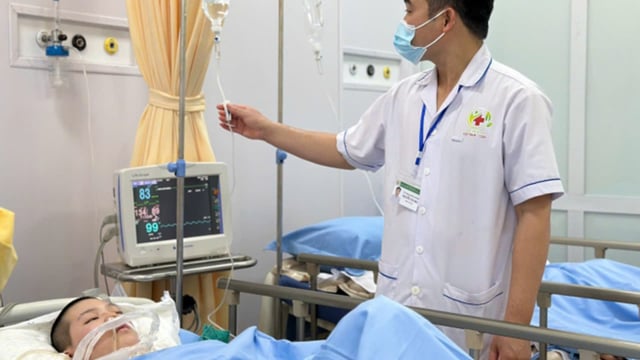

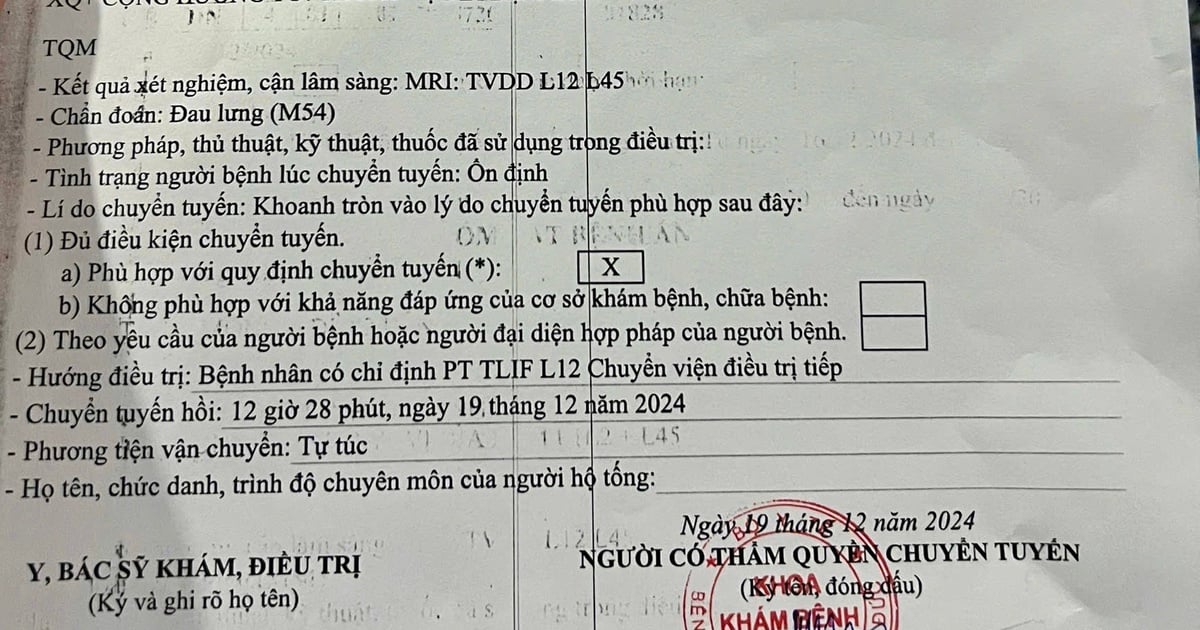

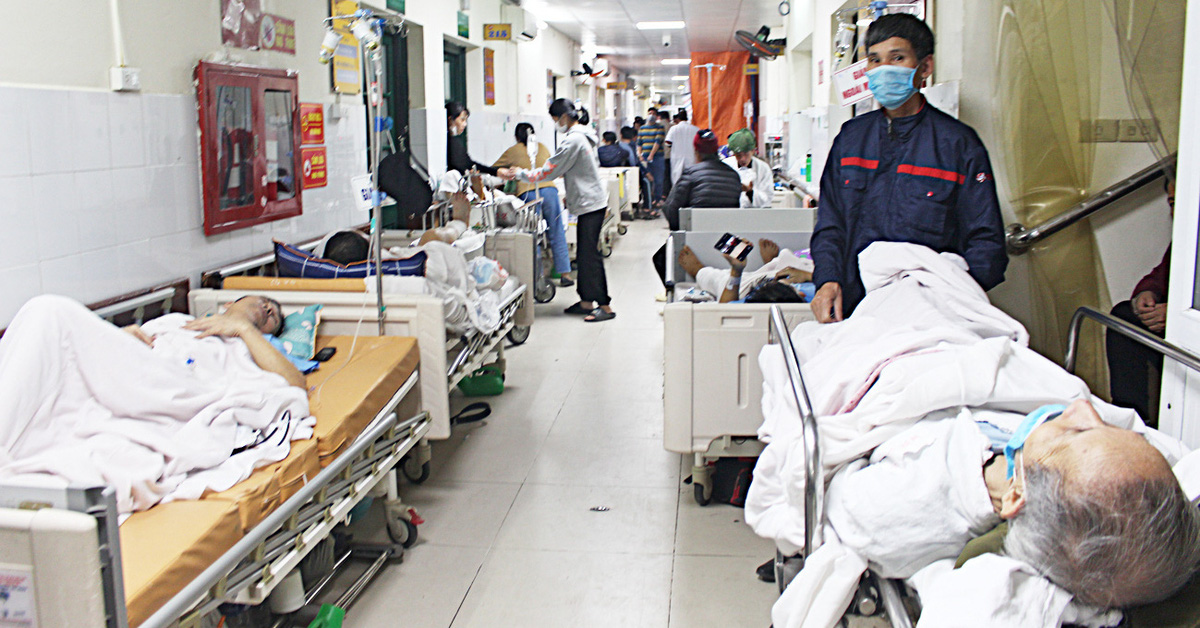

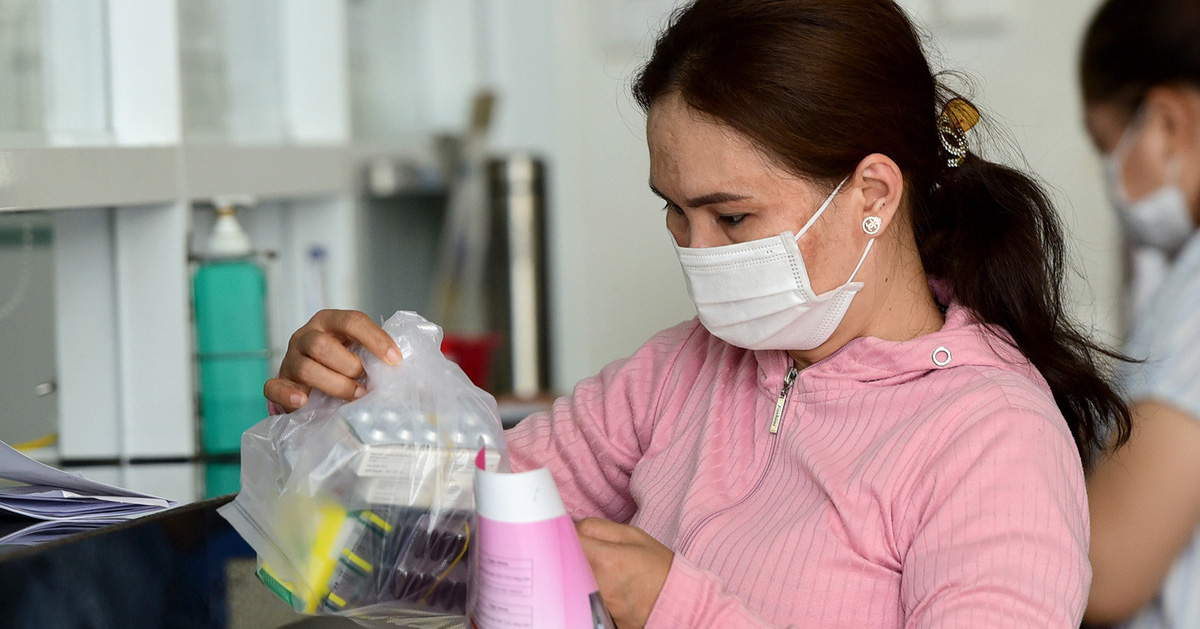
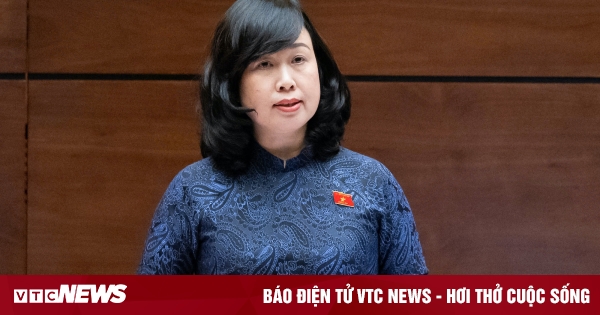

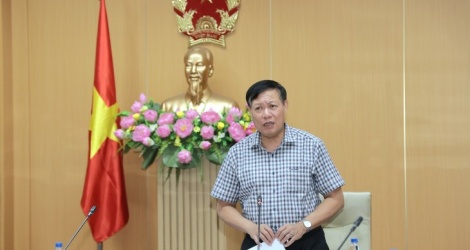


















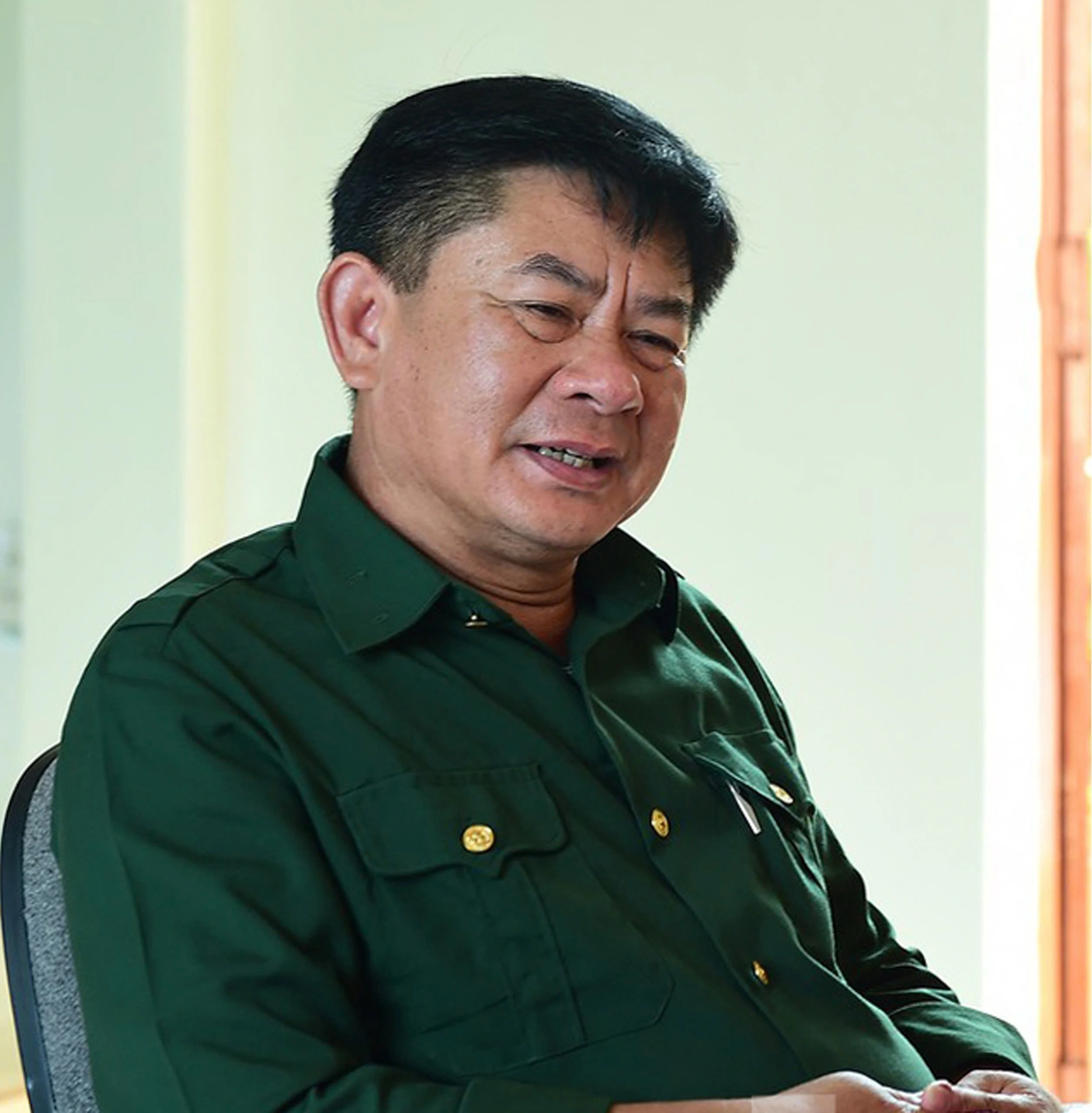








Comment (0)